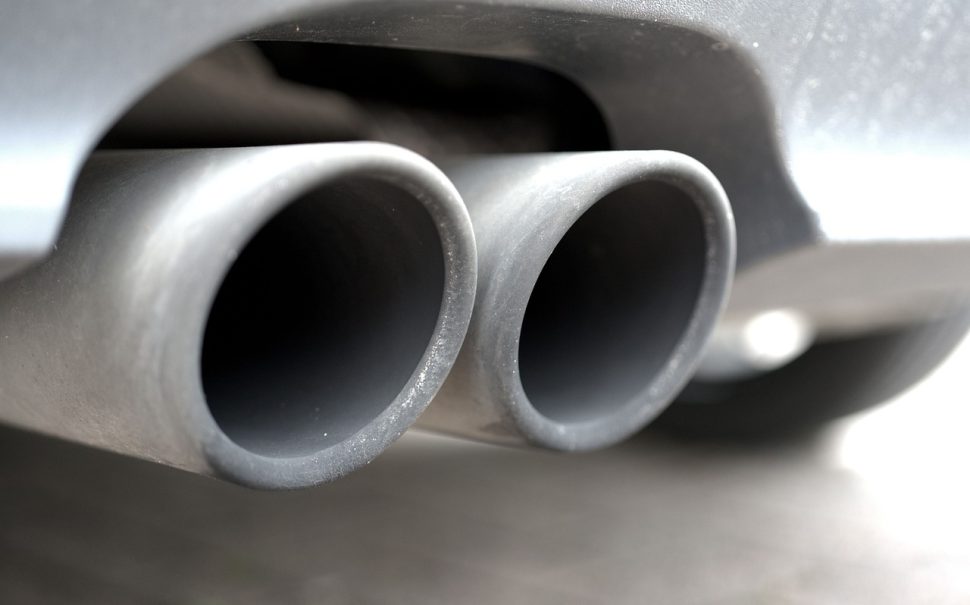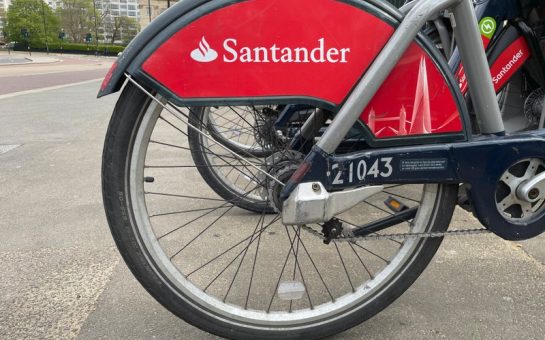In the hustle and bustle of London’s busy streets lurks an invisible enemy – air pollution.
Air quality in the city has long been a concern.
Residents are constantly faced with the problem of air pollution in their daily lives, and many are asking the questions, “Is it that bad?” and “How can motorists do their part to improve the situation?”
Road transport and air pollution
London’s air quality is affected by a variety of factors, from industrial emissions to car traffic.
Recent figures show that road transport accounts for a significant proportion of air pollutants, including nitrogen oxides and particulate matter.
A dense road network combined with a large number of cars exacerbates the problem, resulting in negative impacts on public health and the environment.
As responsible citizens and car owners, we must look for ways to mitigate this environmental problem.
How can motorists do their part to make a difference?
Here are some actionable steps car owners can take to make a positive contribution:
- Switch to cleaner cars: electric or hybrid cars, which produce fewer emissions than traditional petrol or diesel cars.
- Use public transport, cycle or walk whenever possible. Not only will this reduce your carbon footprint, it will also reduce traffic congestion.
- Ensure that your vehicle is regularly serviced, inspected and repaired, including the timely replacement of worn components. A well-maintained car is more fuel efficient and produces fewer emissions.
The role of the exhaust manifold in reducing emissions
The exhaust manifold plays a vital role in reducing the harmful effects of exhaust gases.
It collects exhaust gases from the engine cylinders and directs them into the exhaust pipe, where they are filtered and treated before being released into the atmosphere.
However, a malfunctioning exhaust manifold can cause leaks, leading to increased emissions and poor air quality.
Signs of a faulty exhaust manifold can include loud noises, reduced engine power and an exhaust odour inside the vehicle.
Image of the exhaust manifold – www.buycarparts.co.uk
The exhaust manifold, like any other component, may need to be replaced over time.
Although replacement frequency may vary depending on driving habits and vehicle age, it is recommended that the exhaust manifold be replaced every 50,000-80,000 miles.
In addition, following scheduled maintenance intervals and addressing any signs of wear in a timely manner will help extend the life of the exhaust system and reduce emissions.
Everyone, including car owners, plays an important role in protecting the environment and public health.
By adhering to sustainable transport practices and prioritising vehicle maintenance, car owners can contribute to better air quality and a healthier urban environment.
Let’s strive together for cleaner air in London and other cities.





